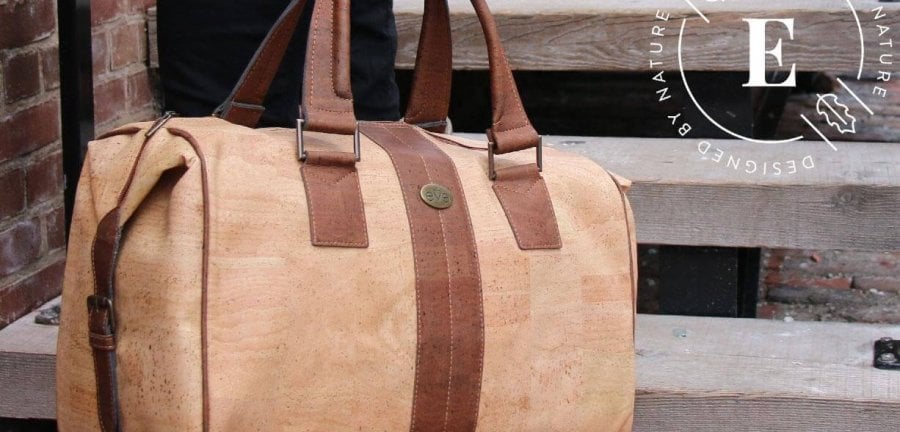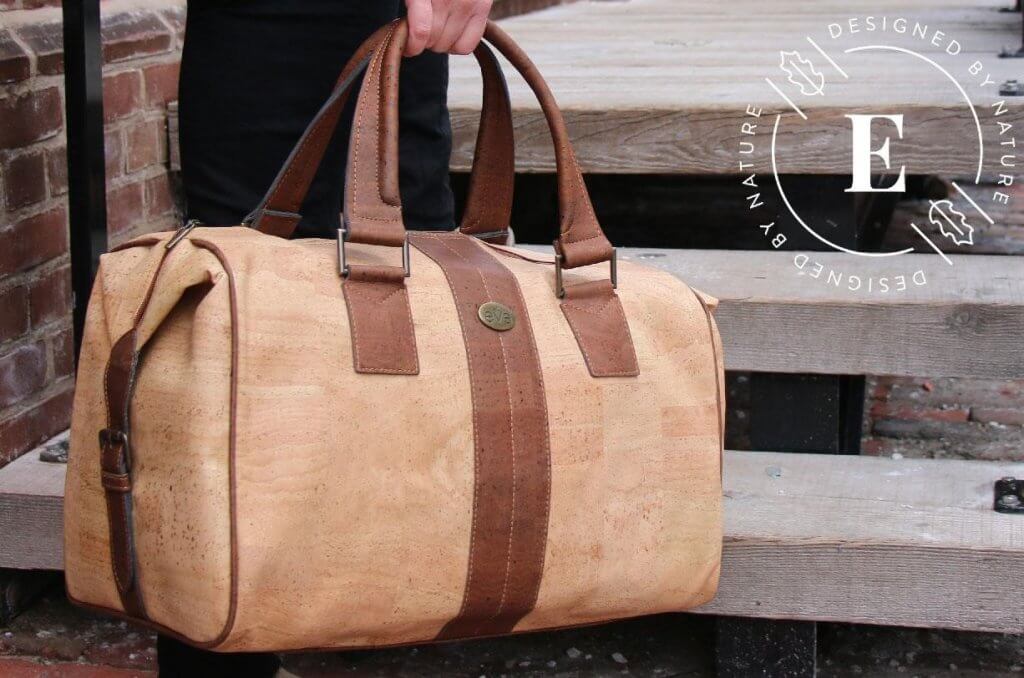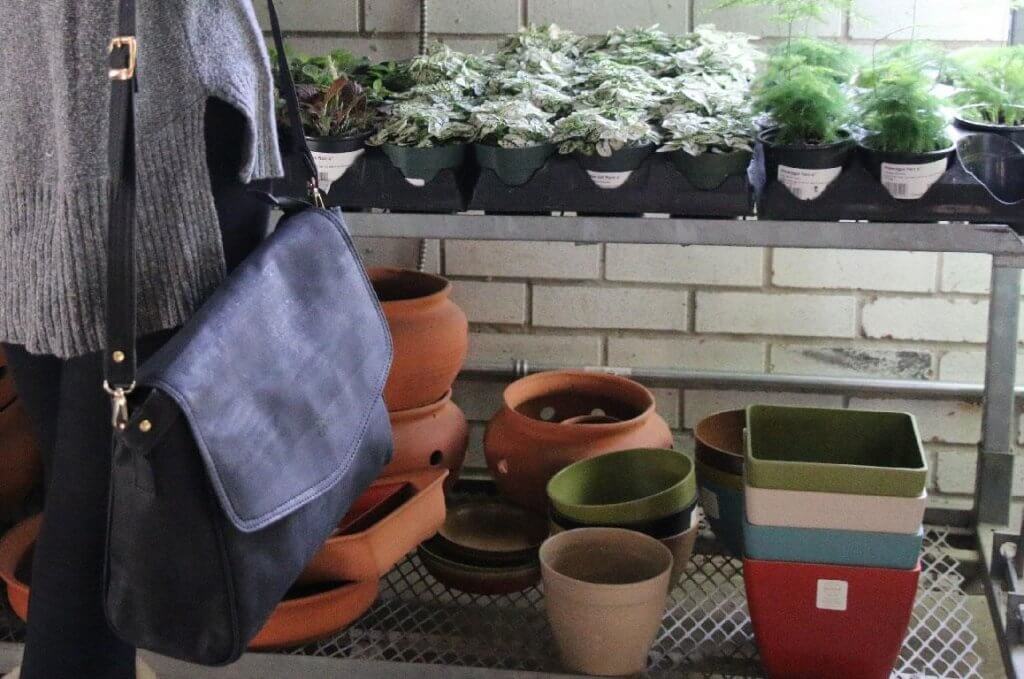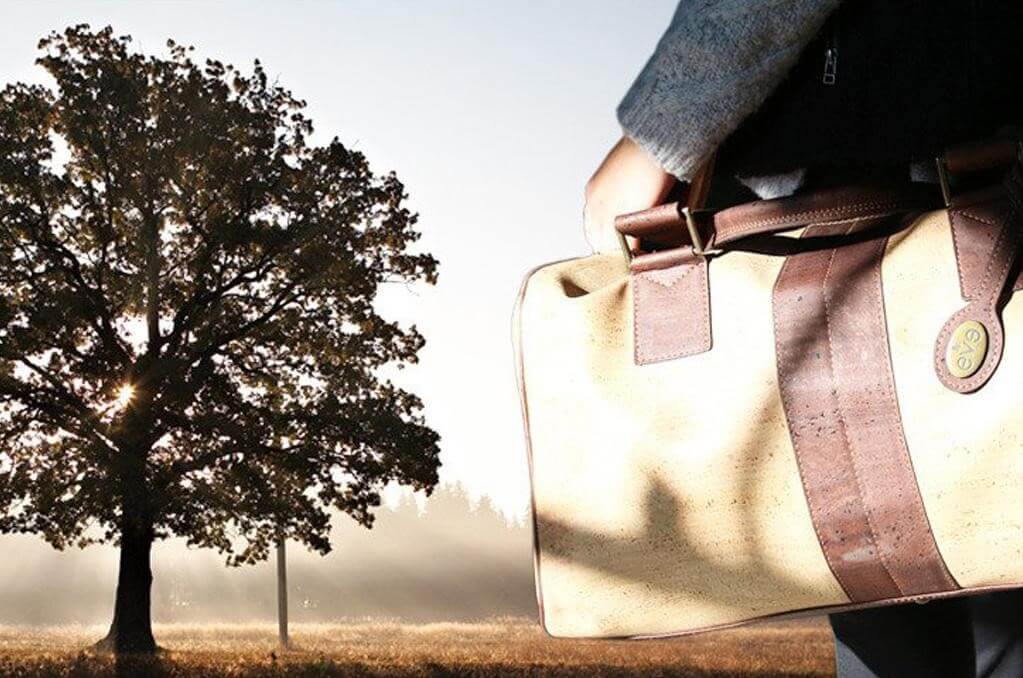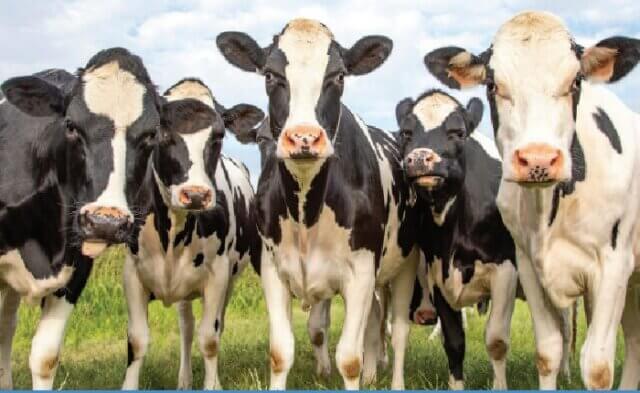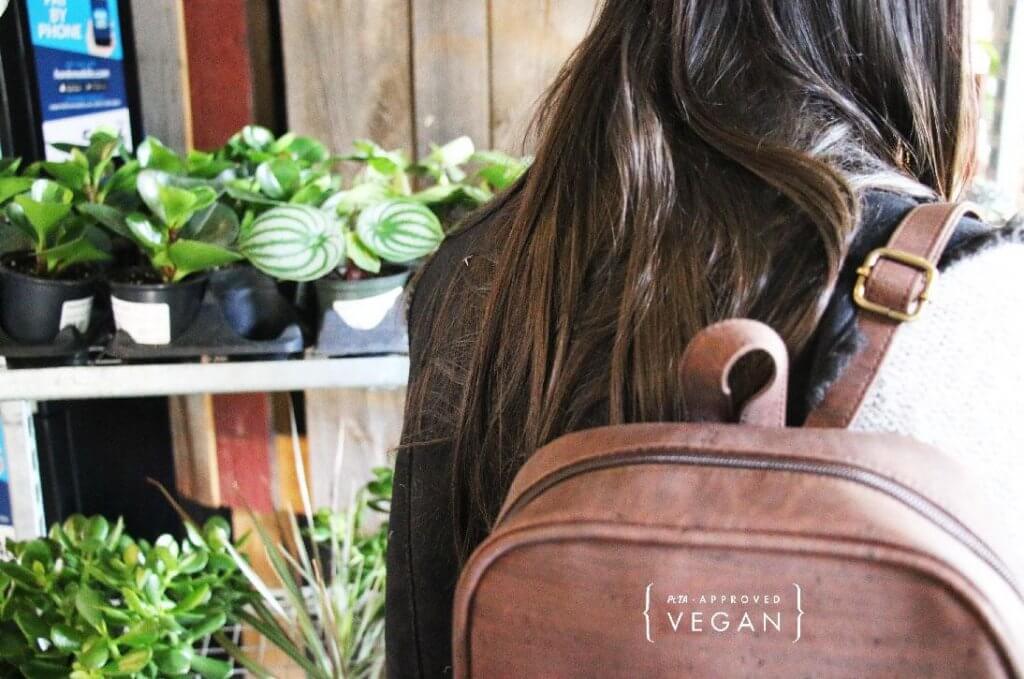
Cork is at the top of the list among cruelty-free, sustainable, and eco-friendly materials. However, if you’re a wine drinker, you’ve more than likely heard the rumor that the world is supposedly running out of corks!
So what’s all the fuss about?
Fortunately, we won’t have to wine about a cork shortage. Contrary to popular belief, there’s more than enough cork available to cap all the wine in the world for another 100 years. However, this rumor will continue to spread as more and more companies within the wine industry switch from authentic cork stoppers to synthetic screw caps.
Why are they doing this?
It’s simple: Synthetic screw caps provide a cheaper, more consistent alternative to seal your favorite bottle of fermented grapes.
The decreasing demand from the wine industry is actually creating an abundant supply of cork. However, you may not know about its other uses, including for cork fabric, which is often referred to as “nature’s leather.”
This fabric has many applications, including for cork flooring, upholstery, and fashion accessories. Our friends over at Eve have created a cruelty-free line of handbags and accessories from cork fabric.
The company’s mission is to have a positive impact on the way that people feel about carrying everyday items.
Its entire lineup is ethically handmade in Portugal and “PETA-Approved Vegan.” The premium cork fabric that the company uses makes its products ultra-lightweight and durable while maintaining a leather-like texture. In addition, its handbags, backpacks, and duffle bags are waterproof, easy to clean, and antibacterial.
You can learn more by reading the company’s own story.
So all this is great, but where does cork come from to begin with?
Cork fabric is obtained by hand-harvesting the bark from cork oak trees, the majority of which grow throughout rural areas of southern Portugal. Stripping the bark from these trees actually allows them to grow faster and live longer.
The process, though, requires patience. On average, newly planted cork trees need more than 25 years of growth before they’re ready for their first harvest. After this initial process, farmers have to wait another nine or 10 years until the trees have fully recovered and are ready to have their outer layer removed again.
This approach yields a high-quality raw material while enabling the trees to live upward of 200 years. Cork harvesting is deeply rooted in Portuguese culture, and the techniques for it are often passed down from generation to generation—making it a time-honored tradition.
So the cork-shortage myth has been debunked! We strongly encourage everyone to learn more about eco-friendly and cruelty-free cork-based products. And if you’re in the market for a new vegan bag, be sure to hit up our pals at Eve.

